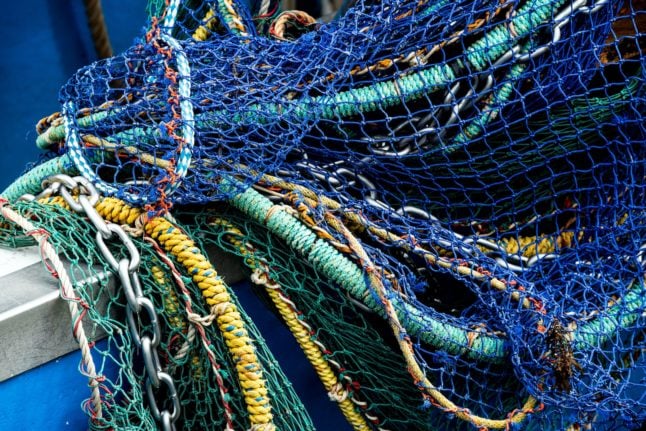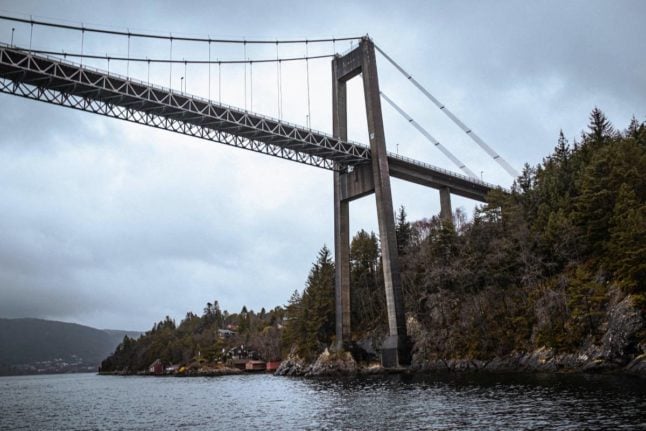Since 1976 — when a first deal was drawn up during the Cold War — NATO member Norway and Russia have agreed on catch quotas in the Barents Sea which is home to prized cod stocks and off the coast of both countries.
“It’s good that we have reached a fishing agreement with Russia despite the extraordinary situation in which we find ourselves”, Norwegian Fisheries Minister Bjornar Skjaeran said in a statement issued late Tuesday.
In order to not endanger that agreement, which has been held up as a model of cooperation since, the Scandinavian country has strayed a little from
European sanctions imposed on Moscow after its invasion of Ukraine.
Russian vessels are banned from docking in European ports, but Norway has granted fishing trawlers an exception, allowing them to unload their catches in the Scandinavian country.
In early October, Oslo however restricted them to three ports and required Russian trawlers to undergo systematic inspections. In a sign of the exceptional situation, the negotiations between the two countries were conducted solely on online channels.
On Twitter, Norwegian Prime Minister Jonas Gahr Store called the agreement “important at a challenging time with the war in Ukraine”.
“The agreement clarifies the quotas and guarantees long-term and sustainable management of stocks in the Far North. We are looking after the world’s biggest cod stocks and other species in the Barents Sea”, he wrote.
The announcement came on the same day Norwegian authorities said they had arrested a suspected Russian sleeper agent, whom counter-espionage services accused of masquerading as a Brazilian researcher.



 Please whitelist us to continue reading.
Please whitelist us to continue reading.
Member comments